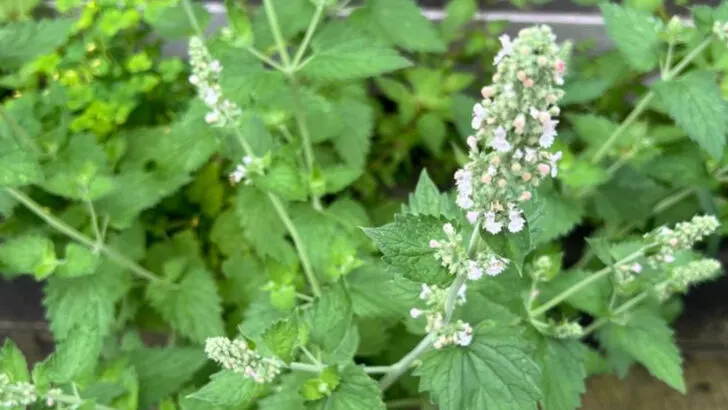Modern life rarely gives us space to slow down. But your garden just might. Certain plants do more than beautify your surroundings—they can actively help restore balance in your body, calm your mind, and ease the tension that builds up day after day. If you’re struggling with poor sleep, irritability, or hormonal ups and downs, the right greenery could be a quiet, powerful ally.
This guide features 19 garden plants known to support hormone health, reduce stress, and promote better sleep. Many of them—like lemon balm, passionflower, or holy basil—have been used for centuries in traditional medicine. Others are backed by modern science for their soothing properties. And the best part? You can grow them yourself, in containers, garden beds, or even windowsills.
At Plantisima, we believe in the healing potential of plants—not just for our homes, but for our whole selves. These aren’t miracle cures. They’re gentle, supportive companions for your daily life. Whether you sip them in tea, add them to meals, or simply enjoy their scent in the evening air, these plants remind us: the garden can be more than beautiful—it can be therapeutic.
Lavender
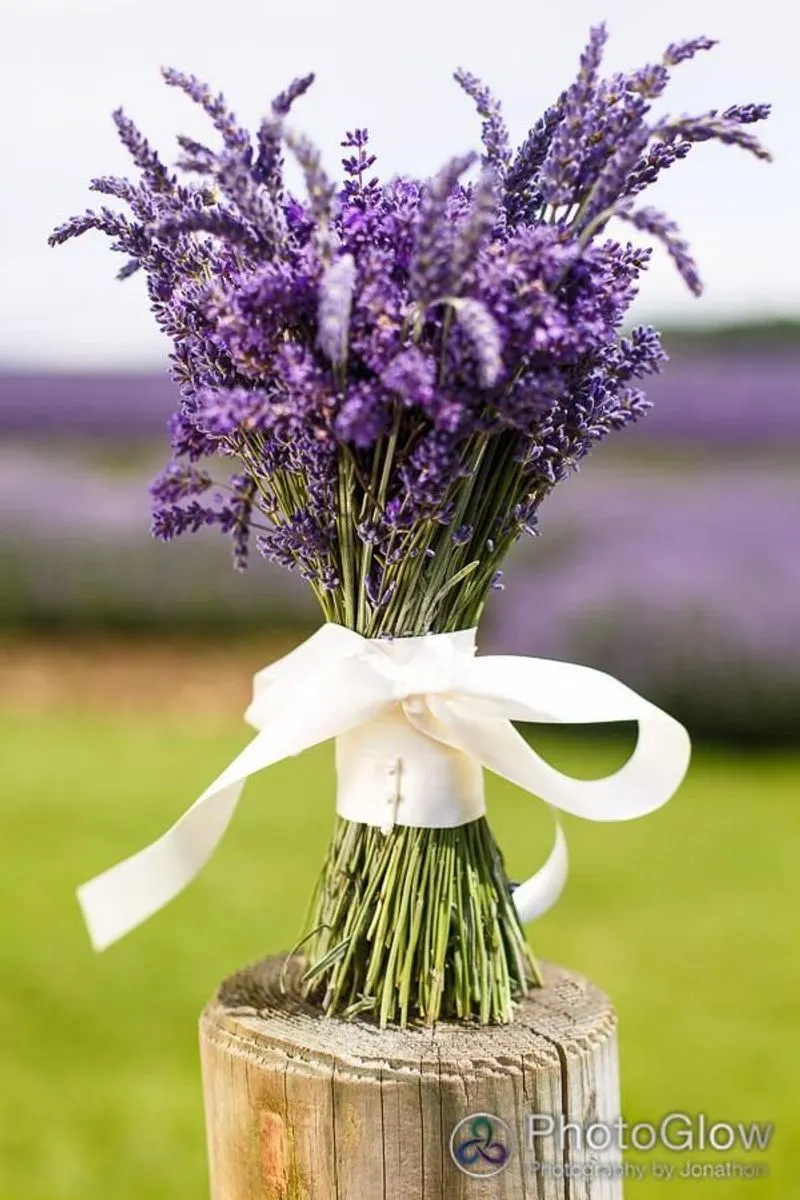
Lavender is the epitome of tranquility. Its calming scent is renowned for reducing anxiety and supporting restful sleep. The gentle purple blooms not only beautify gardens but also soothe the mind. Widely used in aromatherapy, lavender’s essential oils can help lower stress levels. A warm bath infused with lavender can wash away the day’s worries. Historically, lavender has been a symbol of purity and cleanliness. Its popularity extends to culinary uses, adding a floral note to desserts and teas. This versatile plant thrives in sunny spots, making it an ideal garden companion.
Chamomile
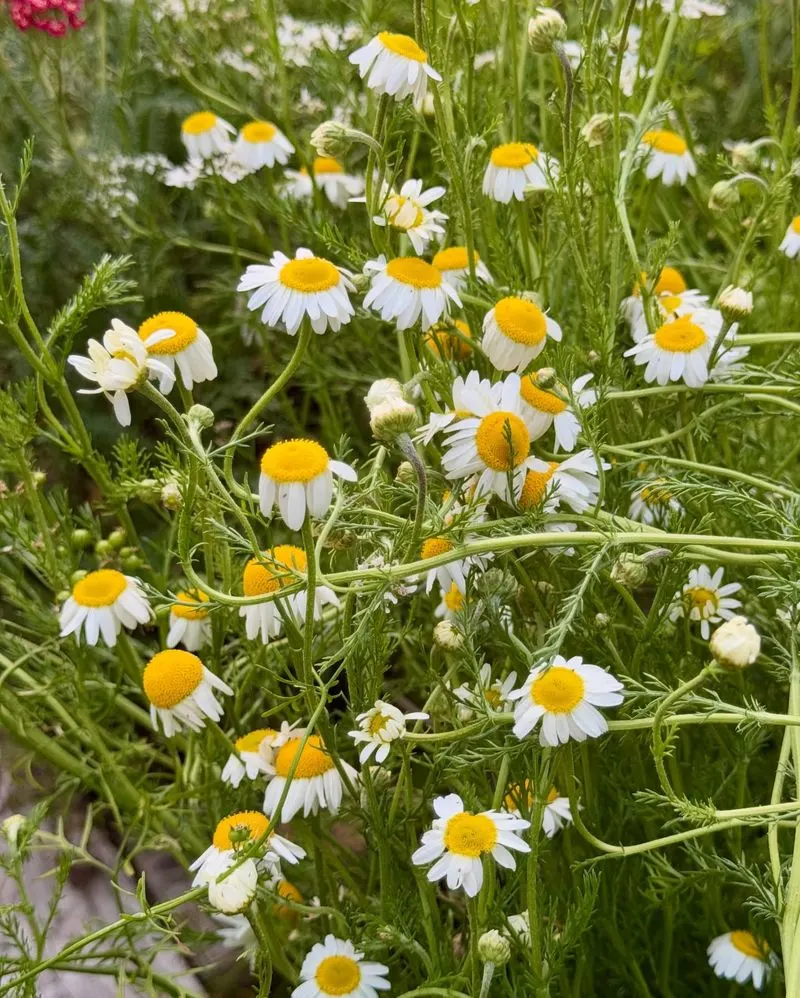
Chamomile embodies gentle comfort. Known for its soothing properties, chamomile tea is a popular nightcap, promoting relaxation and aiding sleep. The daisy-like flowers, with their sweet apple scent, are a favorite among gardeners. Chamomile’s anti-inflammatory properties can also aid in calming skin irritations. Traditionally, it has been used in herbal remedies for centuries. These resilient plants enjoy full sun and well-drained soil. Chamomile not only calms the stomach but also eases the mind, offering a peaceful respite amid the chaos.
Lemon Balm
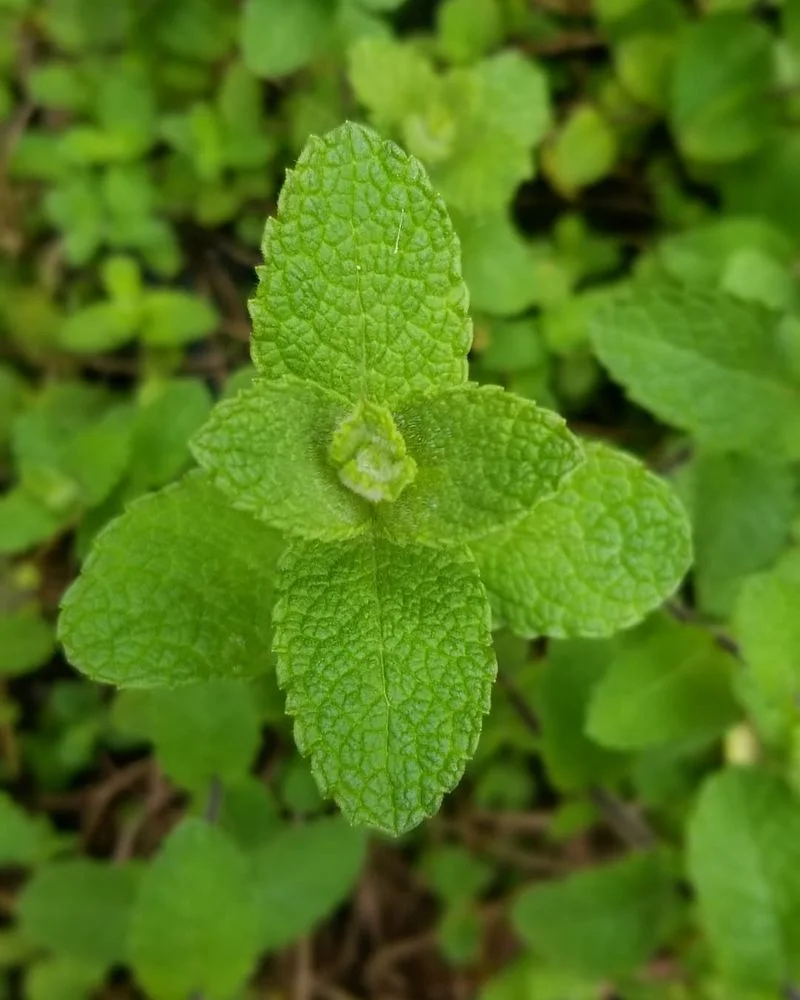
Lemon balm, a member of the mint family, offers a refreshing citrus aroma. This herb is celebrated for its ability to uplift the spirit and reduce stress. A popular ingredient in calming teas, lemon balm also supports digestion. Its leaves can be used fresh or dried, adding a zesty flavor to dishes. In ancient times, it was believed to bring happiness and heal wounds. Thriving in both sun and partial shade, lemon balm is easy to grow. Its ability to attract bees makes it a wonderful addition to pollinator-friendly gardens.
Passionflower
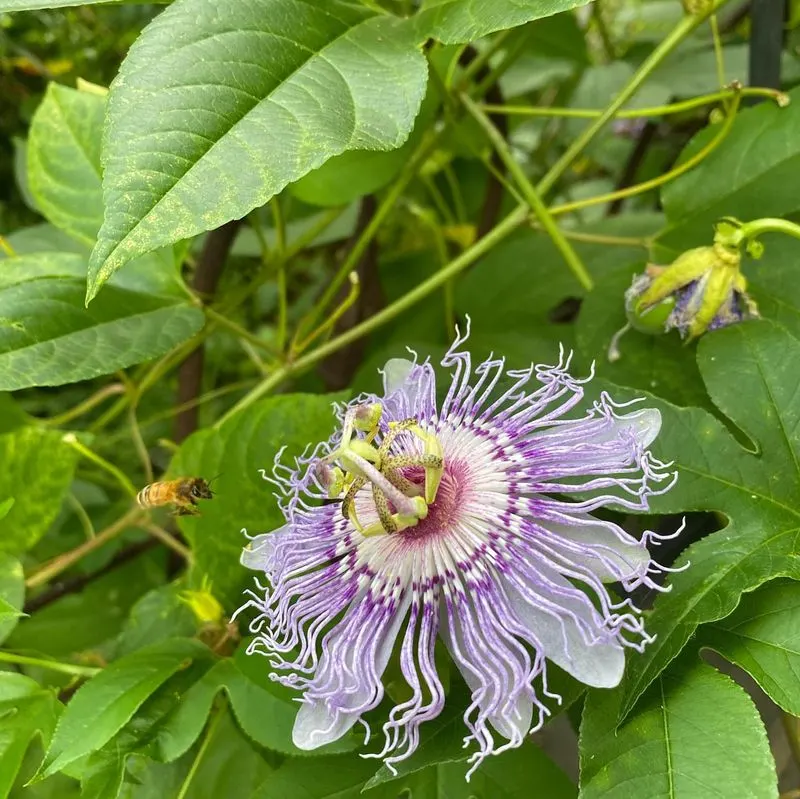
Passionflower captivates with its exotic beauty. Beyond aesthetics, it is valued for its calming effects on the nervous system. Passionflower tea is a natural remedy for anxiety and insomnia. The vine’s striking flowers add a touch of the tropics to gardens, drawing in beneficial insects. Indigenous cultures have long used passionflower for its medicinal properties. It prefers sunny locations and well-drained soil. Passionflower’s ability to induce relaxation makes it a cherished addition to any serene space.
Valerian
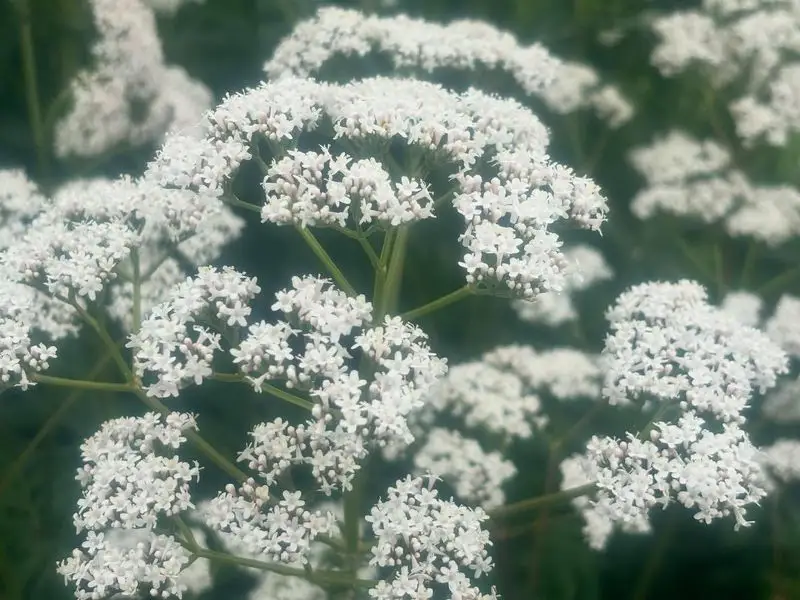
Valerian is often hailed as nature’s sedative. Its roots are used in herbal medicine to promote deep, restful sleep and reduce anxiety. The pink and white flowers might seem unassuming, but their benefits are profound. Valerian has a long history of use dating back to ancient Greece and Rome. It thrives in moist, well-drained soil and partial shade. The plant attracts beneficial garden critters, creating a balanced ecosystem. Incorporating valerian into your garden can provide a peaceful retreat for both body and mind.
Ashwagandha
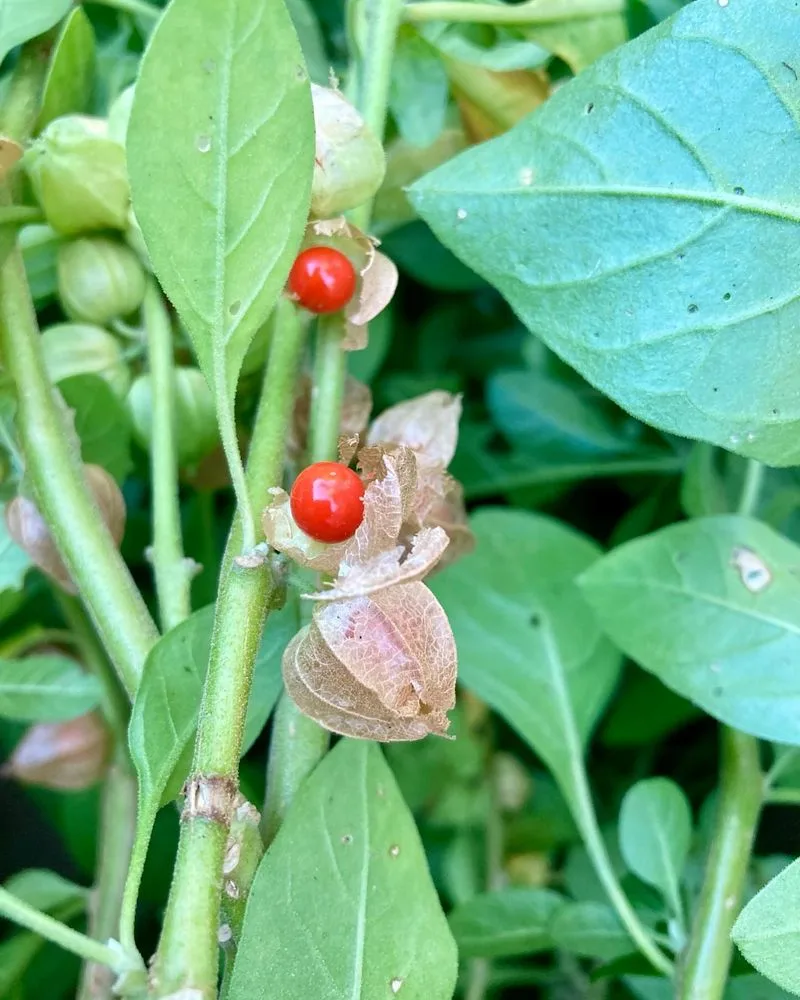
Ashwagandha is a powerhouse of wellness. Known as an adaptogen, it helps the body cope with stress and balance hormones. The plant’s roots are used traditionally in Ayurvedic medicine. With bright red berries and lush green leaves, ashwagandha thrives in warm climates. It has garnered attention for its potential to enhance vitality and fight fatigue. Growing ashwagandha requires well-drained soil and full sunlight. This ancient herb continues to be a staple for promoting resilience and overall health.
Holy Basil (Tulsi)
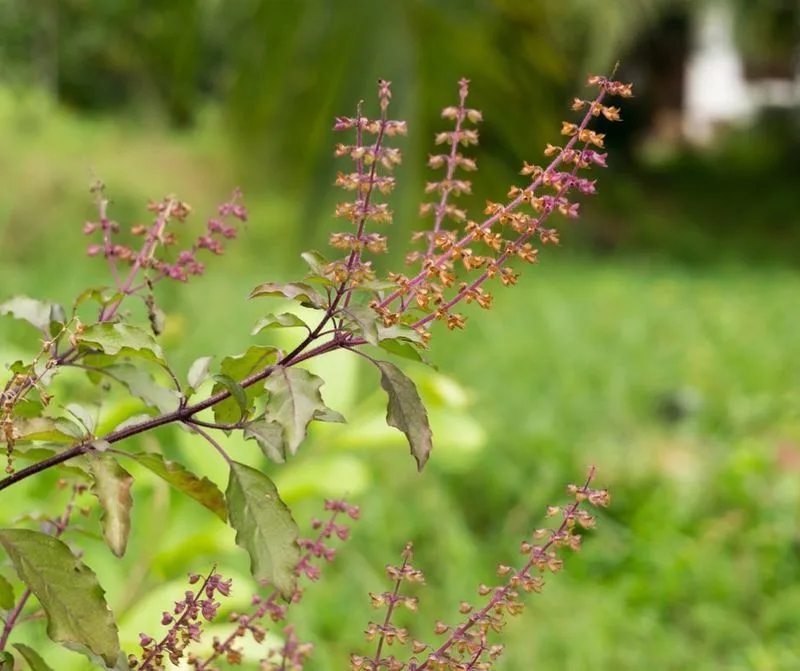
Holy basil, or Tulsi, is revered in India as a sacred plant. Its leaves exude a spicy aroma, known for promoting clarity and reducing stress. Holy basil tea is a staple in Ayurvedic practices, believed to balance metabolism and enhance immunity. The plant thrives in sunny, well-watered spaces, making it a valuable garden addition. Tulsi is also used in culinary dishes, adding depth to flavors. Its adaptogenic properties support the body’s natural response to stress, making it a holistic health ally.
Sage
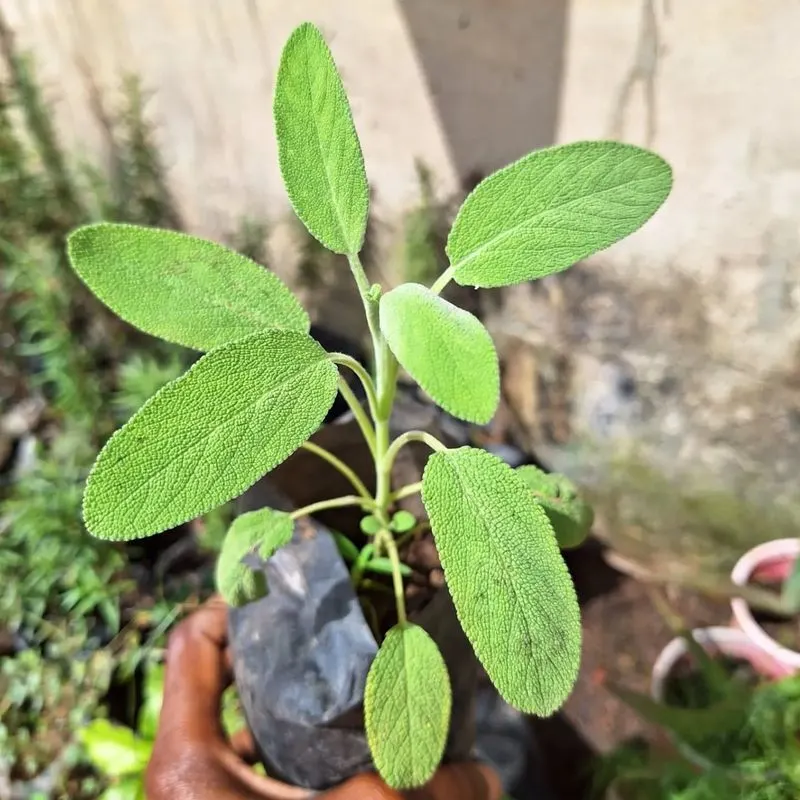
Sage isn’t just a kitchen staple; it’s a garden gem with therapeutic benefits. Known for its ability to balance hormones, sage can support cognitive function and relieve hot flashes. The plant’s velvety leaves and purple blooms add elegance to any garden. Historically, sage was associated with wisdom and immortality. It prefers sunny spots with well-drained soil, making it easy to cultivate. Sage’s aromatic presence can also deter pests, providing a natural garden defense while offering health benefits.
Rosemary
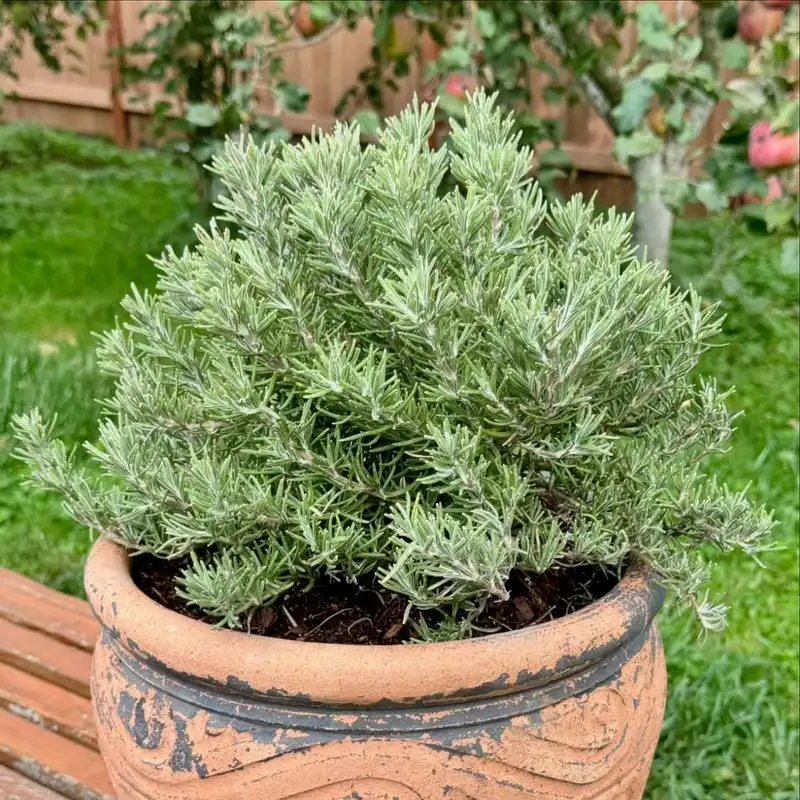
Rosemary symbolizes remembrance and is cherished for its aromatic qualities. The needle-like leaves are used to enhance focus and memory. In the kitchen, rosemary adds flavor to dishes, while in the garden, it serves as a fragrant hedge. The plant thrives in sunny, well-drained conditions, reminiscent of its Mediterranean roots. Rosemary’s essential oils are said to have uplifting effects, making it a valued companion for mental clarity. Its resilience and evergreen nature ensure year-round enjoyment.
Lemon Verbena
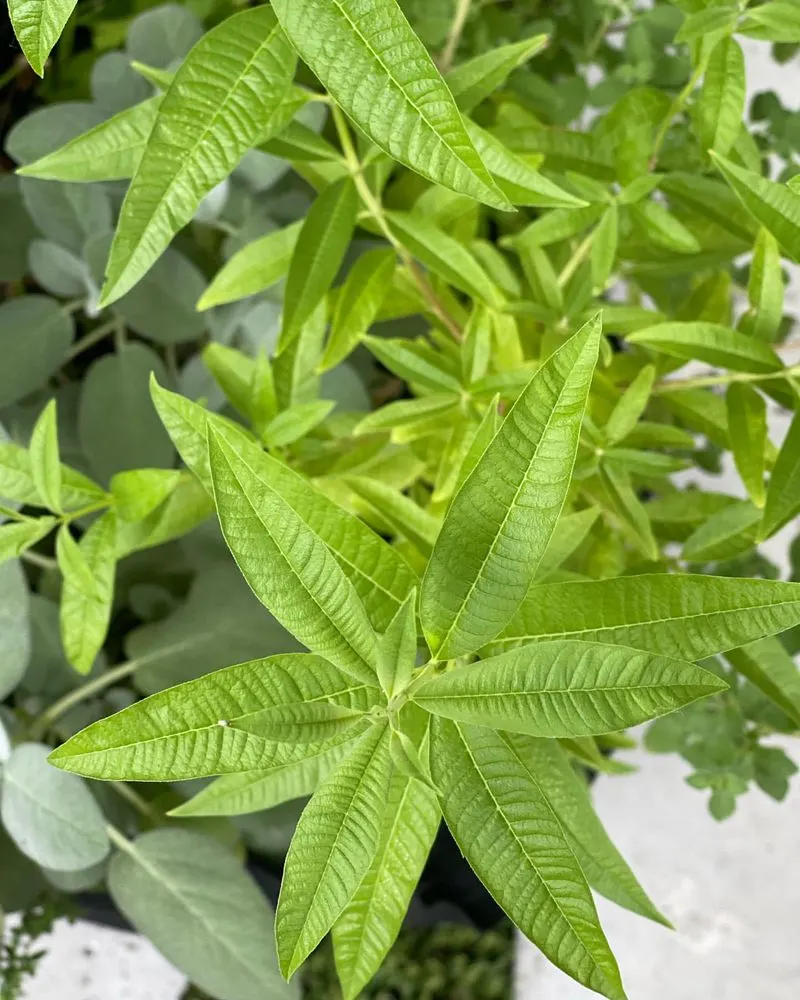
Lemon verbena offers a citrusy burst of fragrance. Its leaves are a staple in herbal teas known for their calming effects. The plant’s refreshing scent can lift the spirits and ease tension. Lemon verbena’s glossy leaves make it an attractive addition to any garden. Historically, it was used in perfumes and medicinal concoctions. The plant thrives in sunny conditions, requiring regular watering. Its versatility extends to culinary uses, adding a lemony flavor to desserts and beverages.
Peppermint
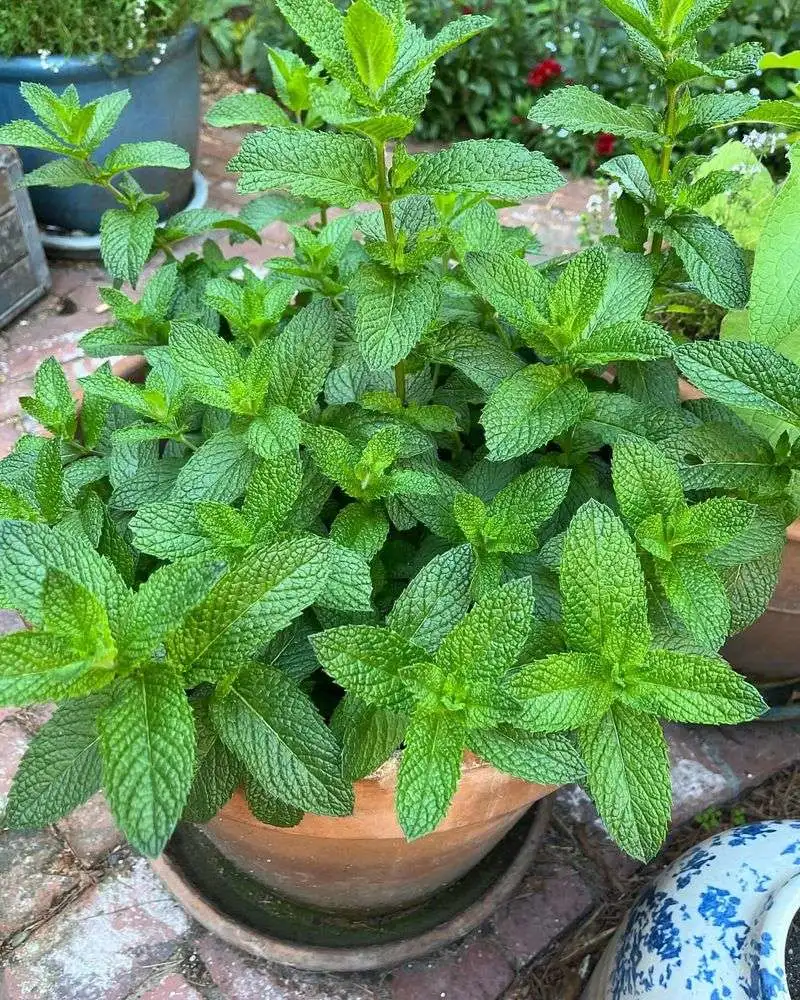
Peppermint invigorates the senses with its cool, refreshing aroma. Known for its digestive benefits, peppermint tea can also alleviate headaches and improve focus. The plant’s bright green leaves are a staple in both the kitchen and the medicine cabinet. Peppermint prefers shady spots and moist soil, making it adaptable to various garden environments. Ancient cultures revered peppermint for its therapeutic properties. Today, it’s loved for its versatility and ability to soothe both the body and the mind.
Aloe Vera

Aloe vera stands out as a healing powerhouse. Its succulent leaves contain a gel known for soothing skin irritations and burns. Beyond topical uses, aloe vera juice supports digestion and detoxification. The plant’s sleek, spiky appearance adds a modern touch to indoor gardens. Requiring minimal care, aloe vera thrives in bright, indirect light. Historically, it has been used in medicinal practices across cultures. This resilient plant offers both aesthetic appeal and practical health benefits, making it a household favorite.
Catnip
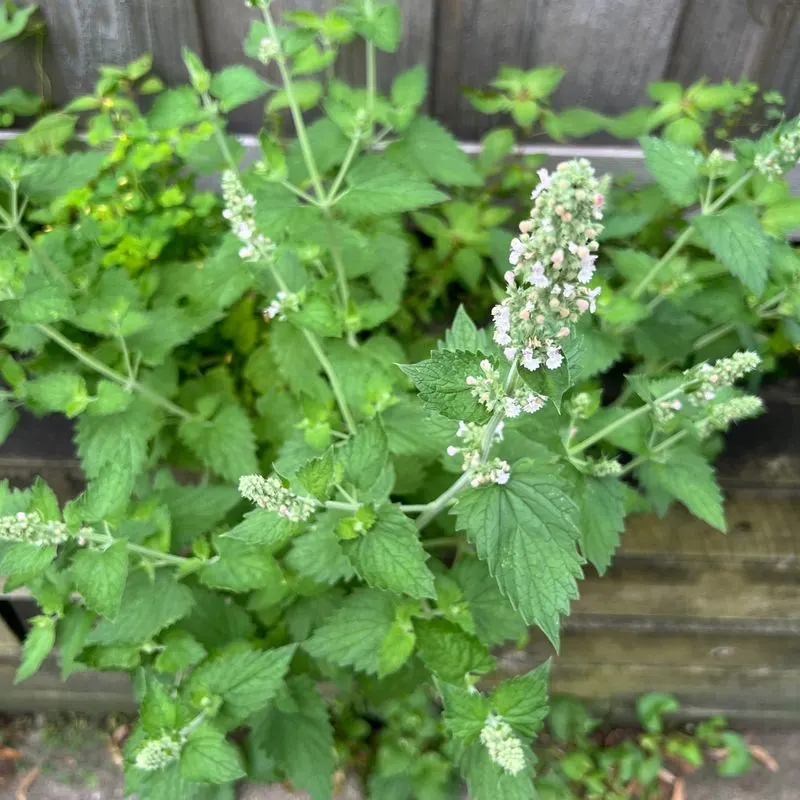
Catnip isn’t just for cats; it’s a calming herb for humans too. The plant’s components have mild sedative effects, useful in teas for stress relief. With small purple flowers, catnip adds a whimsical touch to gardens. It thrives in sunny areas with well-drained soil. Historically, it was used in traditional medicine for its soothing properties. Cats love the scent, often rolling in the leaves, but for gardeners, catnip provides a gentle way to unwind. Its playful nature and tranquil benefits make it a delightful garden addition.
St. John’s Wort
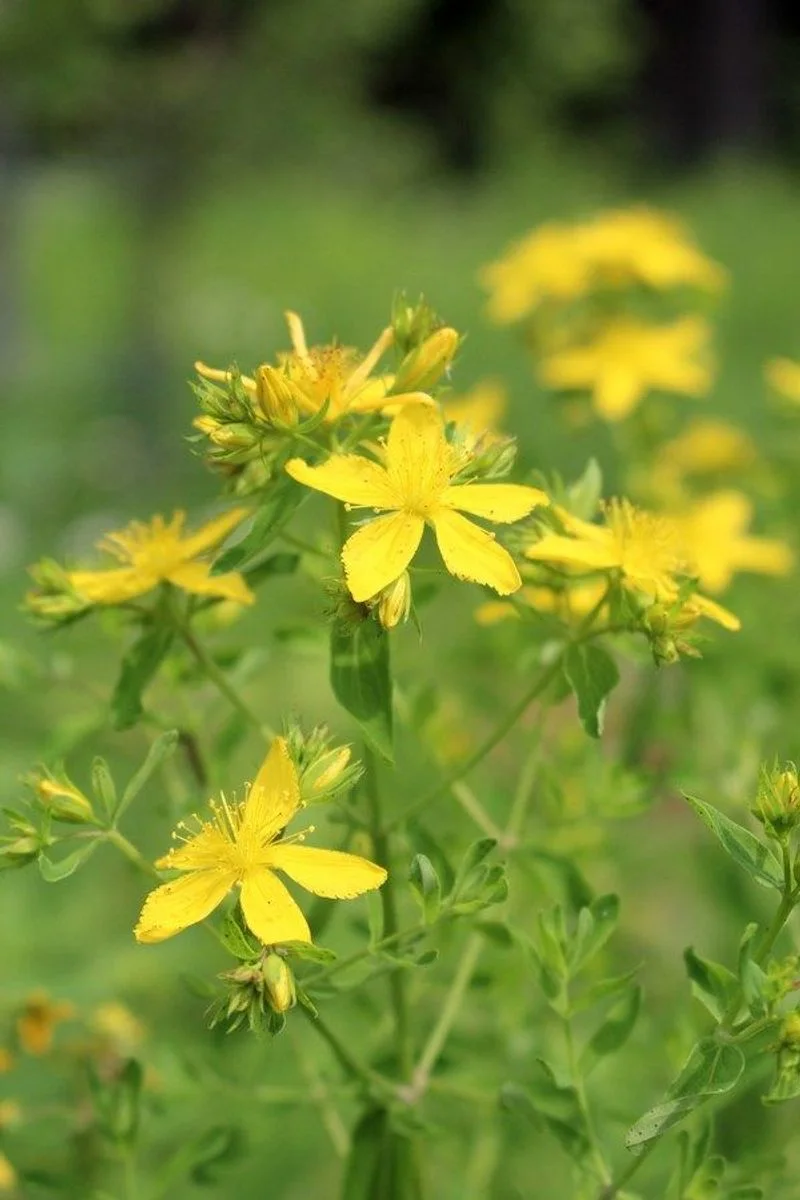
St. John’s Wort is renowned for its mood-enhancing properties. The bright yellow flowers are traditionally used to combat mild depression and anxiety. The plant’s medicinal use dates back to ancient Greece. In gardens, it serves as a vibrant ground cover, flourishing in sunny, well-drained areas. St. John’s Wort’s ability to lighten the mood makes it a popular choice among herbalists. Its sunny disposition and historical significance add depth to any garden landscape, offering both visual and emotional benefits.
Fennel
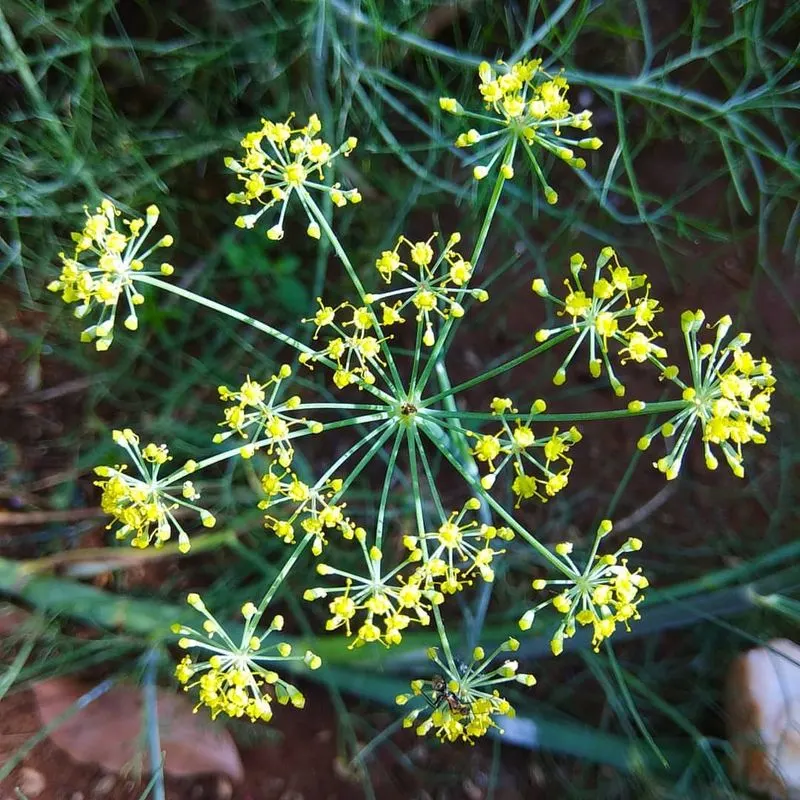
Fennel is a culinary delight with health-boosting properties. Its seeds and feathery leaves aid digestion and alleviate bloating. The plant’s licorice-like flavor adds depth to dishes. Fennel’s tall stalks and yellow flower umbels create an eye-catching display in gardens. It thrives in sunny, well-drained environments, reminiscent of its Mediterranean origins. Historically, fennel was believed to bring strength and courage. Its aromatic presence and digestive benefits make it a cherished garden staple, bridging culinary and medicinal worlds.
Skullcap
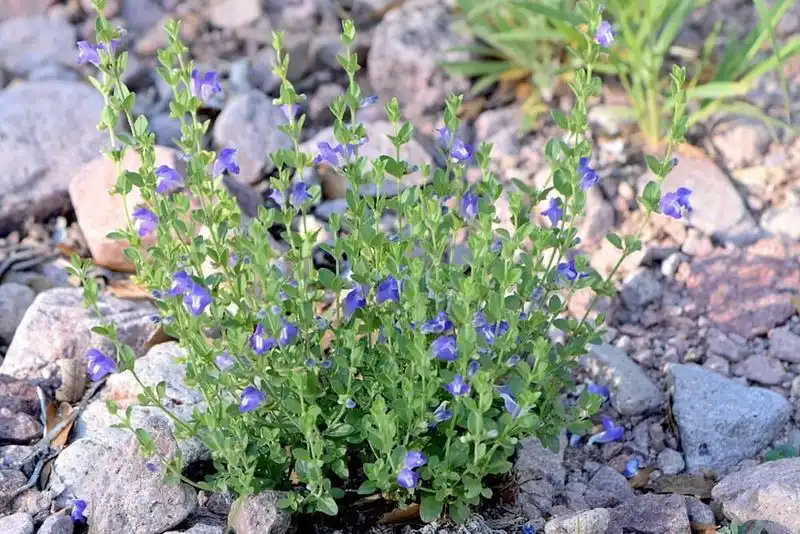
Skullcap is a herbaceous plant that offers solace to frazzled nerves. The dainty blue flowers are known for their calming effects, helping to relieve anxiety and tension. Skullcap thrives in moist, shaded areas, often found near streams. It has a long history in traditional medicine as a nervine tonic. The plant’s gentle nature makes it a perfect companion for those seeking peace and tranquility. In the garden, skullcap’s understated beauty adds a touch of serenity, while its benefits soothe the mind.
Hops
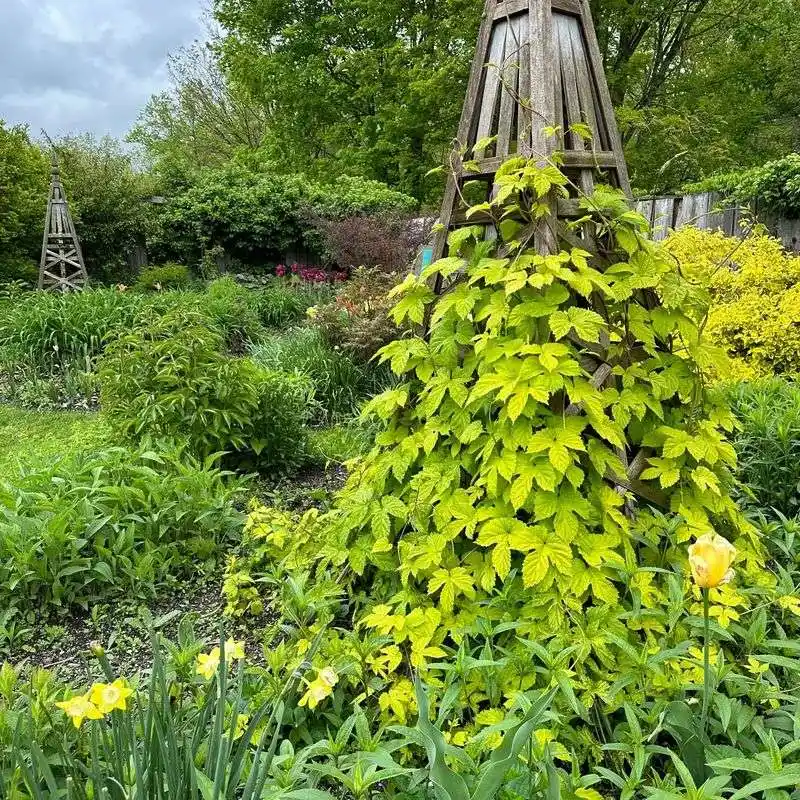
Hops are more than just a brewing ingredient; they offer calming benefits for humans. The cone-shaped flowers are used in herbal medicine to improve sleep quality and reduce anxiety. Hops thrive in sunny areas with well-drained soil, making them a favorite among gardeners. Historically, hops have been used for their tranquilizing effects. The vines’ rapid growth creates a lush display, perfect for garden trellises. As a sleep aid, hops provide a natural alternative, promoting restful nights and soothing frayed nerves.
Ginseng
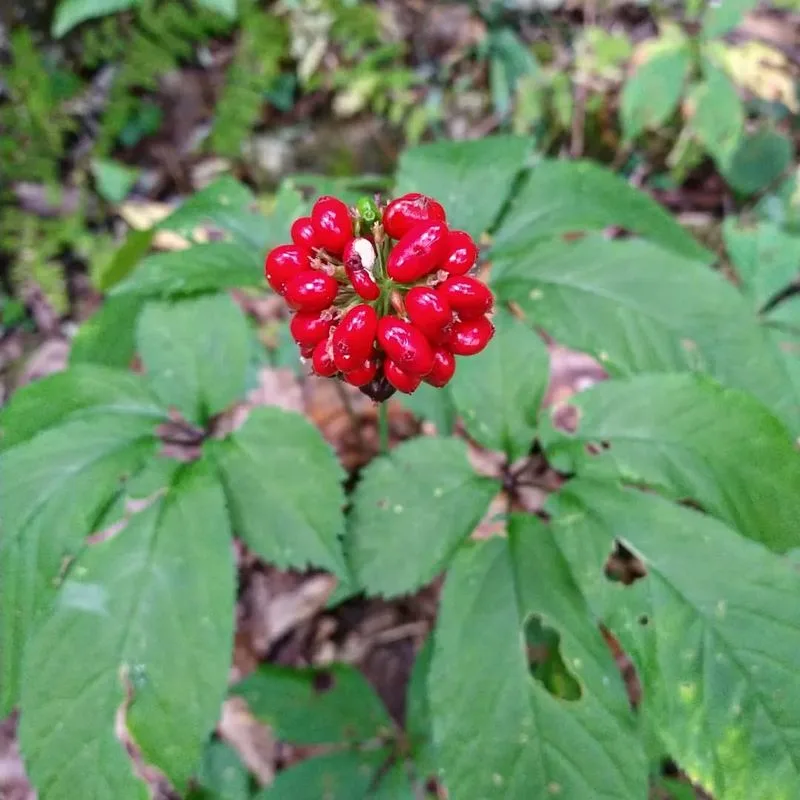
Ginseng is a revered herbal remedy known for boosting energy and reducing stress. The plant’s forked roots are highly valued in traditional medicine, particularly in Asian cultures. Ginseng prefers shaded woodland environments, adding a touch of wilderness to cultivated gardens. Its ability to enhance vitality and resilience has made it a staple in herbal practices. The plant’s slow growth requires patience, but its rewards are plentiful. Ginseng’s presence in your garden offers a connection to ancient healing traditions and modern wellness.
Lavender
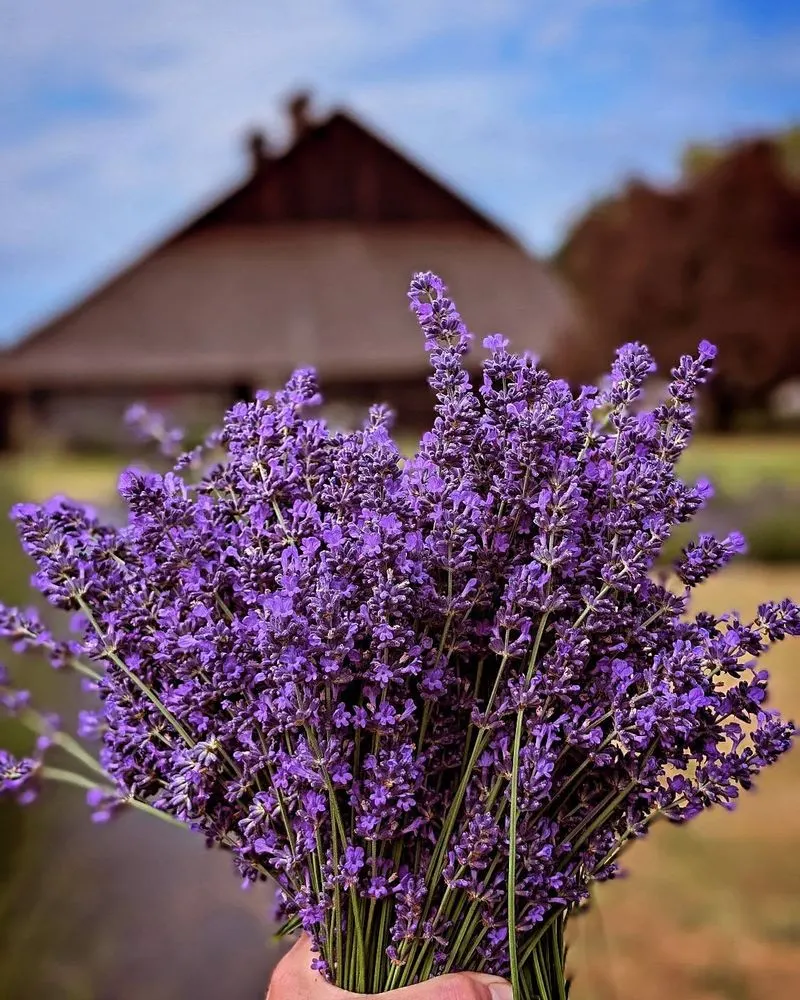
Lavender is the epitome of tranquility. Its calming scent is renowned for reducing anxiety and supporting restful sleep. The gentle purple blooms not only beautify gardens but also soothe the mind. Widely used in aromatherapy, lavender’s essential oils can help lower stress levels. A warm bath infused with lavender can wash away the day’s worries. Historically, lavender has been a symbol of purity and cleanliness. Its popularity extends to culinary uses, adding a floral note to desserts and teas. This versatile plant thrives in sunny spots, making it an ideal garden companion.

